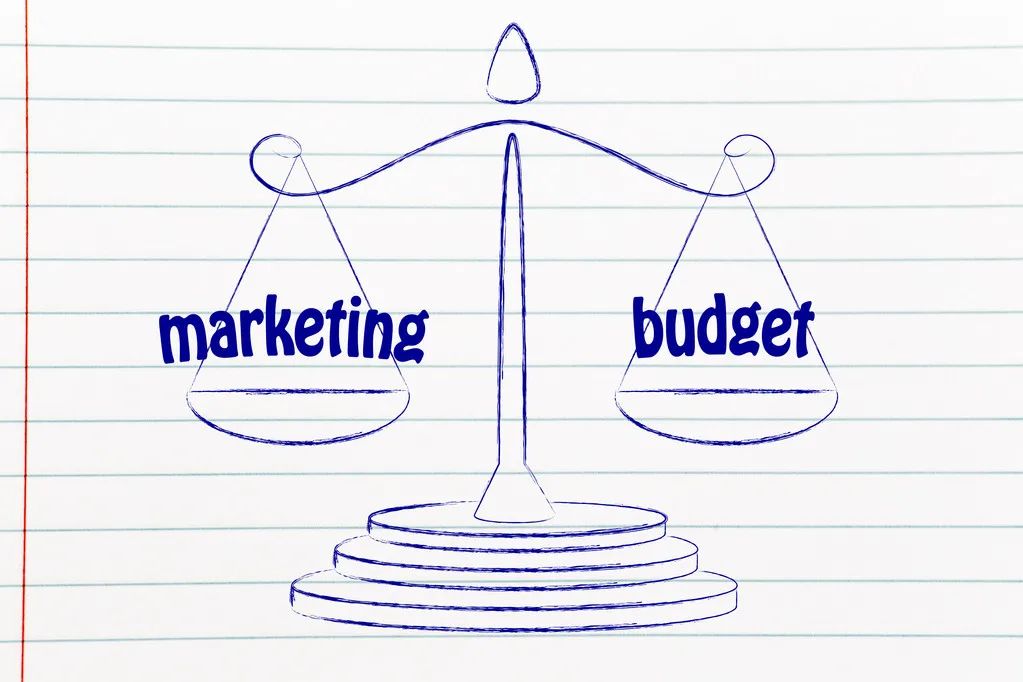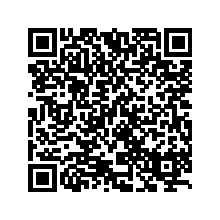Discovery at Carlson·10 Why businesses spend more during presidential election years

Alison Jing Xu and Akshay Rao:
Why businesses spend more during presidential election years
U.S. companies ought to spend more money on advertising and business operations during years in which the country is picking a president, according to research from faculty members at the Carlson School.
The study, published in the Academy of Management Journal, is based in part on an analysis of 1,101 firms’ advertising spending between 1950 and 2011. Firms spent 3 percent more in election years than in non-election years—about $2.5 million, on average—compared to a control group of firms with headquarters outside the U.S.
Why? Lead author Alison Jing Xu says the onslaught of campaign advertising sees business managers unconsciously go through a mindset shift, making them more likely to spend.
“Every four years, U.S. citizens are exposed to a substantial amount of information—largely media advertising, as well as nationally-televised debates and seemingly incessant media commentary—that compares and contrasts presidential candidates, with the explicit goal of making you choose one candidate and take an action by voting for that candidate.”
Xu further explains that as a result, “managers at companies appear to adopt a ‘comparative mindset,’ disposing them to constantly compare options in many aspects of their lives, outside of just the presidential election.”
“We thought it would be interesting to look at how comparing political candidates and their policies during presidential elections may influence managers’ mindsets and affect managerial spending,” says Xu. To study this, in addition to the firm analysis, the authors conducted experiments too.
Changes in the purchase process
Throughout, they used the understanding that purchase decisions typically involve a three-step process: whether-to-buy, which-to-buy, and then purchase. But, Xu says that once in a ‘comparative mindset,’ that process changes.
“When a comparative mindset emerges, people skip the ‘whether-to-buy’ step. This is important because, in the whether-to-buy step, negative information plays a relatively important role. And, negative information might result in managers deciding to not buy at all. When the ‘whether-to buy’ step is skipped, managers start at the which-to-buy stage, meaning negative information plays a reduced role, because a decision to buy has already been made. As a consequence, managers buy more and spend more.”
In related lab experiments, the authors asked human resource managers to review possible training and development programs. One group was exposed to political ads and then asked to perform the review while the other group wasn’t. The findings were clear: those who made decisions after viewing comparative political ads were more likely to select one of the programs, and less likely to reject options altogether.

Companies can address this shift
Joined by fellow Carlson School Professor and General Mills Chair in Marketing Akshay Rao as well as Christine Moorman, T. Austin Finch Sr. Professor of Business Administration at Duke University’s Fuqua School of Business and Fuqua Ph.D. graduate Vivian Yue Qin, the authors suggest a few ways for managers and companies to handle this mindset shift.
“First, managers must be aware of this occurring,” says Rao. “Second, deciding which options to reject (rather than which option to choose) at the which-to-buy step weakens the mindset’s impact by changing the decision frame and resurfacing the importance of negativity in decision making. And third, reminding managers that the option not to buy is always available helps, regardless of the stage in the process in which they find themselves. These strategies can be implemented by organizations in their organizational routines.”
The authors do caution that these effects, while robust, are likely not immune to external shocks. Thus, the temptation to infer that corporate spending will be relatively high in 2020 due to it being a Presidential year should be tempered by two obvious elements in the environment: a) the relatively low level of comparative political advertising, and b) the unknown impact of the 2019 Novel Coronavirus (COVID-19) on managerial decision making in light of supply chain disruptions and suppressed consumer demand.

为什么企业在选举年的开支更大
卡尔森学院的一项研究发现,在总统选举年,美国企业的广告开支和企业运营费用更高。
该项研究分析了1,101家企业从1950年至2011年的广告开支,结论发表在Academy of Management Journal。与非选举年相比,企业在选举年的广告开支平均增加3%,相当于250万美元。研究使用了总部位于美国以外国家的企业作为参照组
为什么?第一作者Alison Jing Xu表示,企业经理在选举期间受到猛烈竞选攻势的潜移默化,变得更愿意花钱。
“每四年一次的竞选攻势,让美国公民被大量信息所包围,其中大部分是媒体广告、全国直播的电视辩论、无休无止的媒体评论。这些信息反复比较总统候选人,希望你能因此选择一位候选人,并为他投票。”
Xu解释到:“企业经理往往有一种‘对比心态’。不仅仅是总统选举,在生活的方方面面中,他们都在对比各种选项。”
“我们想要知道,选举期间各类竞选广告对候选人和政策主张的反复比较,会对企业经理的思路、企业的管理开支产生什么样的影响。”除了分析企业,他们还开展了实验。
采购流程发生变化
采购工作一般使用典型的三步式决策流程:买不买、买什么、购买。但Xu表示,一旦进入“对比心态”,采购流程就变了。
“一旦开启对比心态,就会跳过‘买不买’这个步骤。这个做法影响很大,因为在‘买不买’步骤中,负面信息起到了重要作用,经理可能因为负面信息而放弃采购。但是,跳过‘买不买’步骤后,采购流程直接从‘买什么’开始。购买的决策已经作出,负面信息的重要性被削弱了。经理们会增加采购、增加开支。”
在办公室实验中,作者请两组人力资源经理查看培训和发展项目。一组受试者在查看项目前先观看政治选举广告,另一组则直接开始审核项目。其结果很清晰:观看比较性的政治广告的一组更有可能购买项目,不太可能拒绝全部选项。
企业的应对之道
参与本次研究的还有担任卡尔森学院教授和General Mills Chair in Marketing的Akshay Rao、杜克大学富科商学院工商管理学教授Christine Moorman和T. Austin Finch Sr.、以及富科商学院博士Vivian Yue Qin。研究者向企业和经理提出了以下几项建议。
Rao教授表示,“首先,经理们必须认识到这个事实。其次,在‘买什么’阶段选择不买什么(而不是买什么)。此举可以降低‘对比心态’的影响,使负面信息重新在决策中发挥作用。第三,要提醒经理们,在采购流程的任何一个阶段都可以选择放弃购买。企业可以将这些方法纳入日常组织流程。”
研究者们提醒,虽然选举年开支增加的现象很明显,但也会受到外部冲击的影响。2020年是总统选举年,但由于两个明显的外部环境因素,企业开支的提升可能有所抑制:1)比较性的政治广告较为不密集;2)新冠疫情造成了供应链中断、抑制了消费者需求,因此可能对管理决策造成影响。



